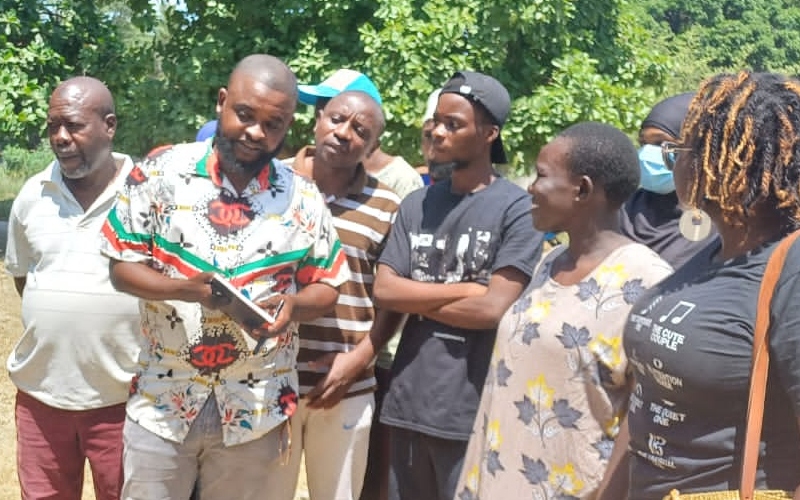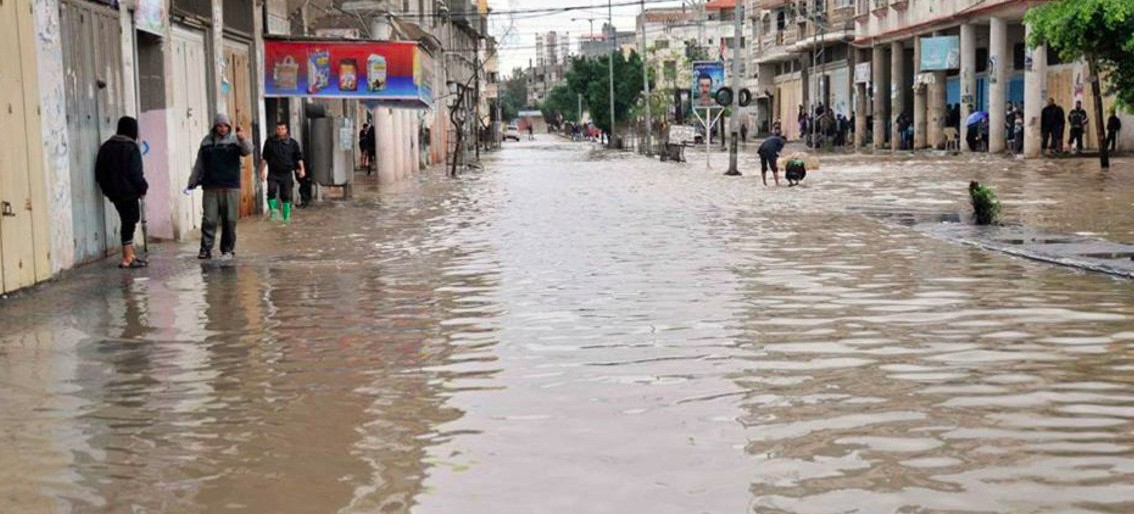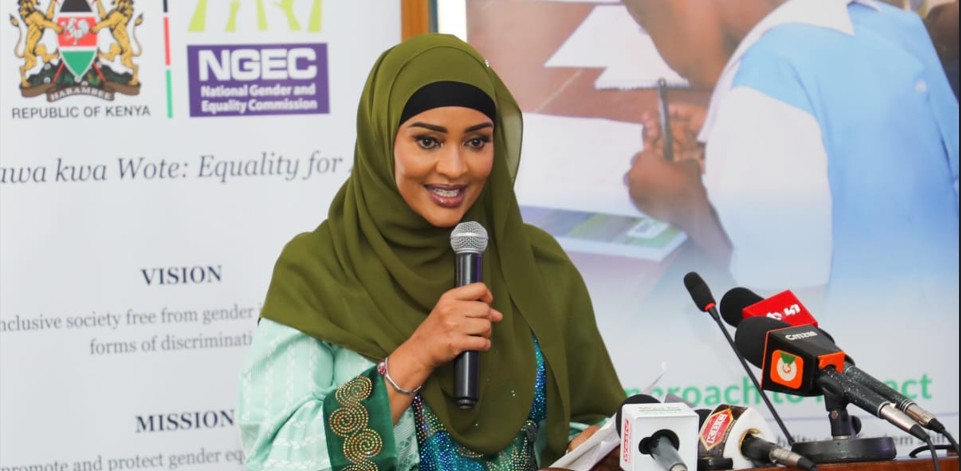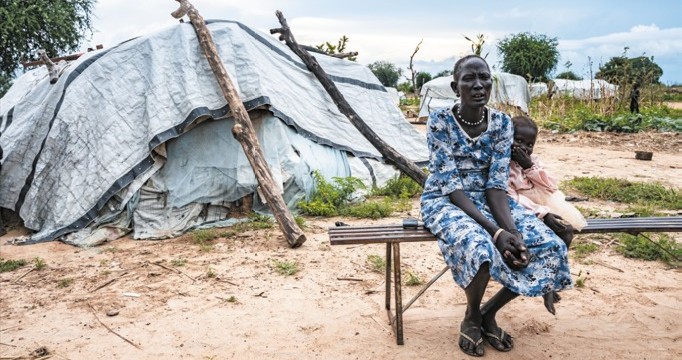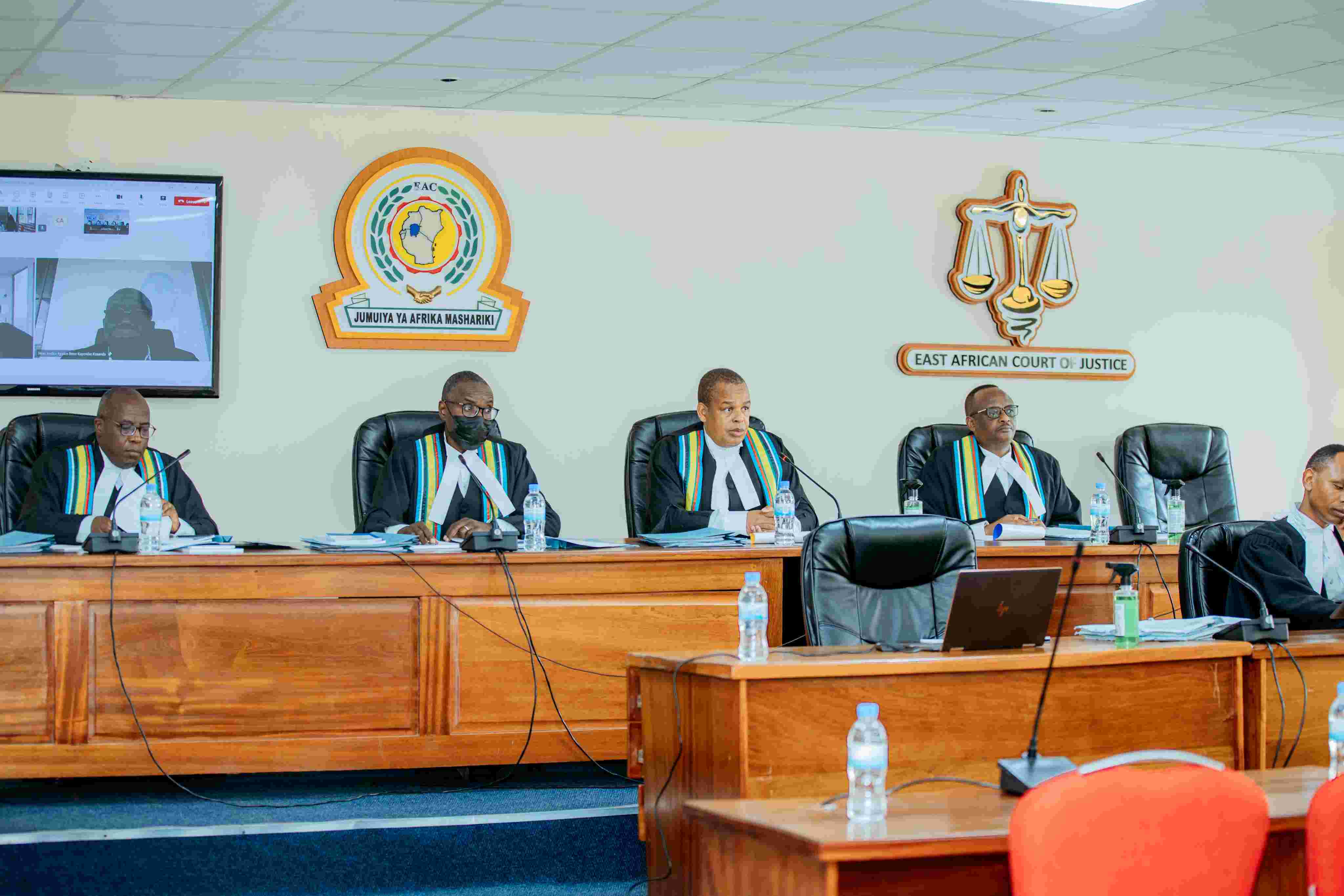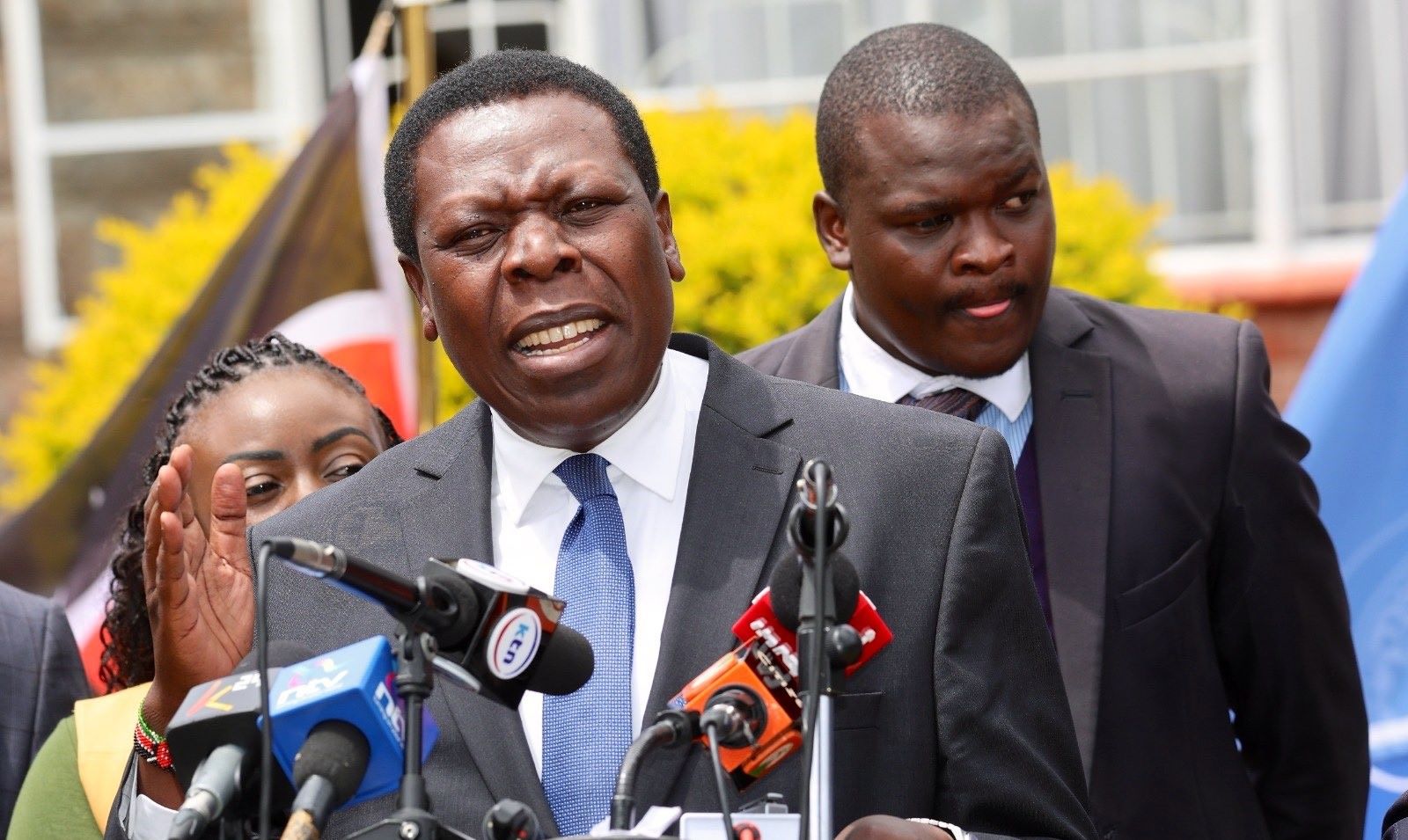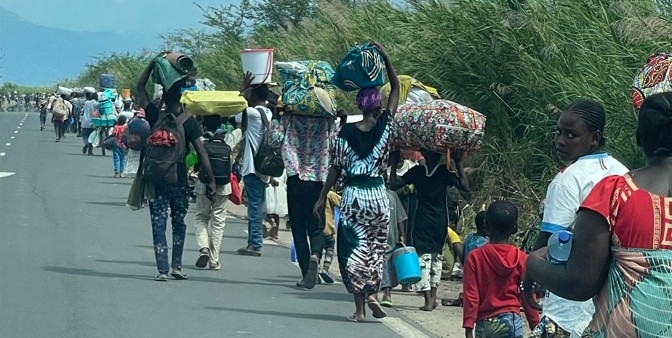Patients turn to pharmacies as Kenya's doctors continue strike

Desperate for medical attention amid the doctors' strike, some say they have no choice but to turn to pharmacists, who may be unqualified.
Amid the doctors' strike which is currently in its fourth week, Mercy Mudhanjya, a resident of Eastleigh in Nairobi, says she has been relying on local pharmacies as there are no other options.
Mudhanjya does not get the specialised treatment she would get in a hospital but they give her medicine after she describes her symptoms.
More To Read
- Pharmacy Board urges Kenyans to report any adverse drug reactions amid spike in cases
- African nations pledge to boost local manufacturing of medical products
- Kenya leads push for stronger regulation of medicines, vaccines in Africa
- Lamu nurses end 79-day strike after agreement with county government
- KMPDU, Kiambu County reach agreement ending five-month doctors’ strike
- Marsabit medics accuse county of betrayal as salary crisis deepens
"I find some relief but I don't get to know what's wrong with me," she says, adding that sometimes she has as little as Sh200 to her name, so she returns home without medicine from the pharmacies as she cannot afford it.
Mudhanjya's story is a reflection of the suffering of Kenyans who cannot afford private health care.
The doctors started the strike on March 15, 2024, in a push for, among others, higher pay, improved working conditions, and internship postings for medical graduates.
 Mercy Mudhanjya, a resident of Eastleigh in Nairobi, poses for a picture during an interview with The Eastleigh Voice. (Photo: Charity Kilei)
Mercy Mudhanjya, a resident of Eastleigh in Nairobi, poses for a picture during an interview with The Eastleigh Voice. (Photo: Charity Kilei)
Through the Kenya Medical Practitioners and Dentists Union (KMPDU), they have accused President William Ruto's government of failing to implement the collective bargaining agreement that arose from their record 100-day strike in 2017.
"I pray that the strike ends soon. We, the ordinary people, have no other options. We depend on public hospitals for our healthcare needs," Mudhanjya says. "The situation is overwhelming. Sometimes I'm forced to skip seeking treatment altogether and just hope that the pain will go away on its own."
She adds that her troubles are compounded by the burden of providing for her family.
"Coupled with these medical expenses, it is becoming too much to bear. I sometimes consider going to a private hospital but the cost of the medications they prescribe is simply beyond my means, so I find myself stuck at home, relying on cheap painkillers to numb the pain."
 Boda boda rider Ronald Juma poses for a picture during an interview with The Eastleigh Voice, in Eastleigh, Nairobi. (Photo: Charity Kilei)
Boda boda rider Ronald Juma poses for a picture during an interview with The Eastleigh Voice, in Eastleigh, Nairobi. (Photo: Charity Kilei)
Ronald Juma, a resident of Majengo, notes that local dispensaries often lack essential medications.
"We're left with no choice but to trust the chemists. It's all we can afford amid the doctors' strike. I visit the pharmacist and describe my symptoms, hoping for the best," Juma says, adding it is also difficult to raise the consultation fees.
"I just hope the medications don't cause any complications. We used to rely on hospitals for proper diagnoses, but now, pharmacies are our only option."
John Maina, another resident of Majengo, echoes Juma's sentiments, noting that many chemists lack qualified pharmacists.
"They only know the names of the medicines. Our choices are limited so we take whatever drugs are available," he explains.
"Some of these pharmacists are mere attendants who lack the knowledge to address our ailments properly. It's a risk we have to take, hoping it won't lead to further complications."
 Boda boda rider John Maina is pictured during an interview with The Eastleigh Voice, in Eastleigh, Nairobi. (Photo: Charity Kilei)
Boda boda rider John Maina is pictured during an interview with The Eastleigh Voice, in Eastleigh, Nairobi. (Photo: Charity Kilei)
What these and other residents have resorted to is risky, according to Esther Mwaura, a doctor at a medical facility in Eastleigh, which requested not to be named.
Mwaura noted the importance of qualified doctors and clinicians for accurate diagnoses, highlighting the limitations of many pharmacists in offering comprehensive testing or consultation.
"Without proper lab tests, it's challenging to identify illnesses. Currently, there's a concerning trend of underdiagnosis, with many patients receiving painkillers for various ailments," she says.
"Patients may develop complications due to delayed or incomplete diagnoses, as painkillers are often prescribed without addressing the root cause of the problem. This could lead to further weakening of the body."
Mwaura also expressed concern for patients with chronic illnesses, noting the challenges they face when new doctors cannot access their medical history.
"Many patients, especially those with a history of chronic illness, may encounter difficulties when dealing with new doctors who don't understand their medical history."
Following increased cases of illegal pharmacy operations, government agencies led by the Pharmacy and Poisons Board (PPB) have cracked down on unlicensed personnel and outlets since January 29, 2024.
The PPB has partnered with the Ministry of Health and the National Authority for the Campaign against Alcohol and Drug Abuse (NACADA).
At least 129 people have been arrested and more than 200 cartons of illicit medicines have been confiscated across Nairobi, the South Rift, and Western Kenya.
The operation aims to enforce regulatory standards, ensure public safety, and combat unlawful practices within the pharmaceutical sector.
Julius Kaluai, the head of enforcement and surveillance at the PPB, reiterated the board's dedication to tackling illegal activities within the pharmaceutical industry.
He noted the need to confirm the credibility of establishments and cautioned against acquiring medications from unauthorised sources.
Top Stories Today


